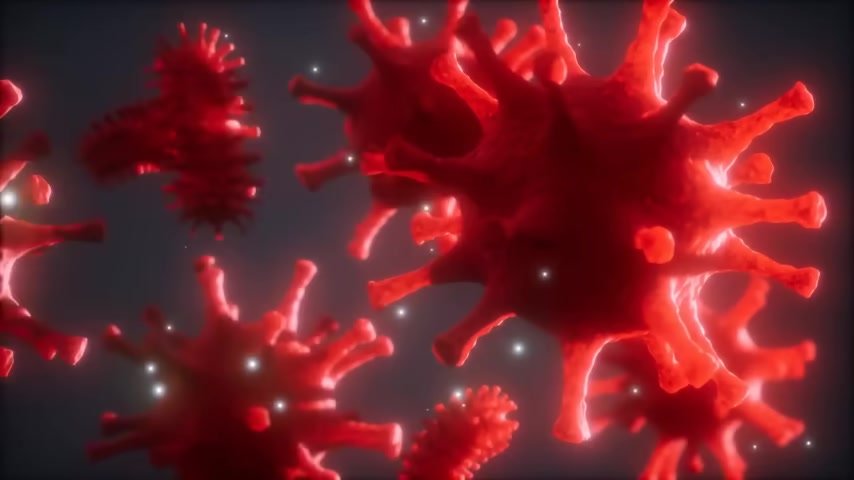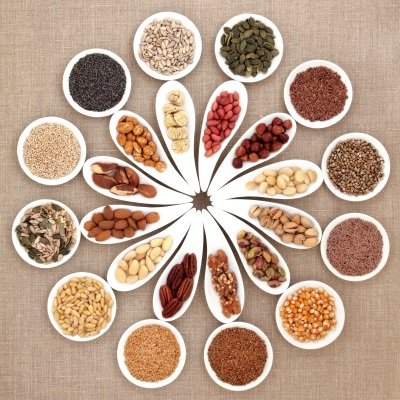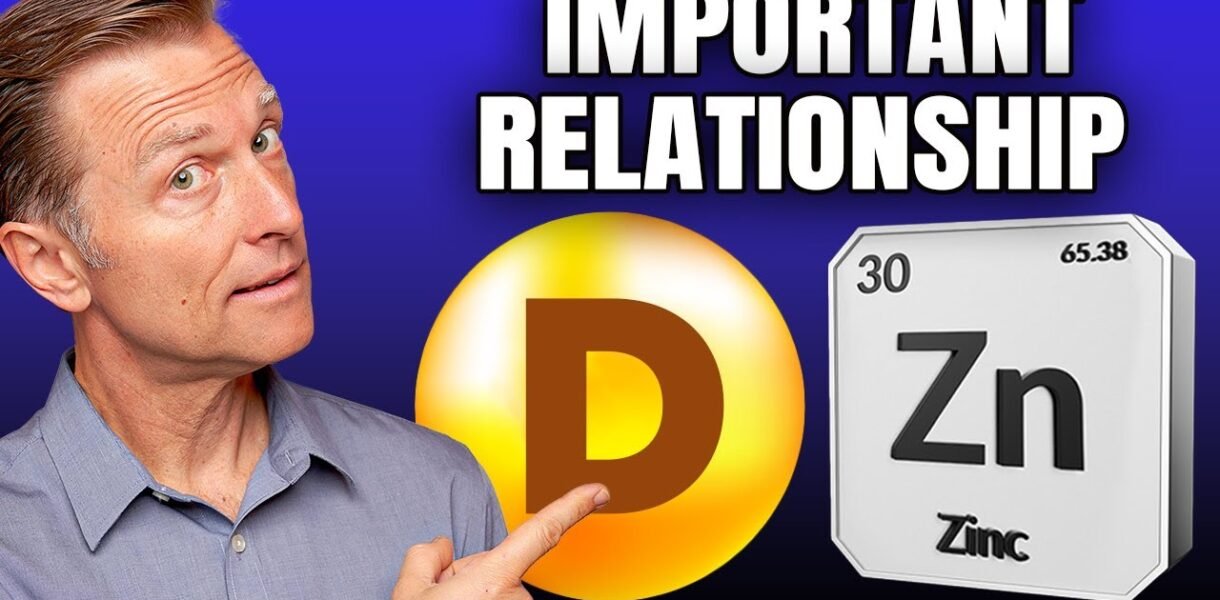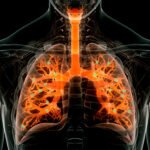Table of Contents
Uncover the crucial link between Vitamin D and zinc! Learn how zinc deficiency affects Vitamin D absorption, impacts immune function, and leads to various health issues. Discover zinc-rich foods and factors influencing zinc absorption.
Why you need zinc to prevent a vitamin D deficiency

Today , I want to talk about a very fascinating relationship between vitamin D and zinc .
The majority of the population on this planet has a vitamin D deficiency .
The vitamin D and zinc connection explained
But what many don’t realize is that the importance of having enough zinc to allow vitamin d to work .
Let’s just pretend this is the receptor and , you also have zinc .
So in order for this receptor to receive Vitamin D , you need Zinc .
Zinc is essential .
If you have a deficiency of zinc , the vitamin receptor will not accept vitamin d .
So many people don’t just have a vitamin d deficiency , they also have a zinc deficiency .
So let’s just talk a little bit more about zinc .
Zinc is the 2nd most abundant trace mineral on this planet , and the first one is iron .
So zinc is really important not just for vitamin d , but for about 28 100 different proteins .

And if you’re deficient in zinc , you can pretty much predict the person’s gonna have a vitamin d deficiency .
And so if you’re exhibiting certain vitamin d Let’s say , for example , your immune system is weak , or you have low back pain , or you’re depressed , or you have high blood pressure , and you’re taking vitamin d , yet you really need zinc , then vitamin d is just not going to work .
Zinc deficiency symptoms

So what does a zinc deficiency look like ?
Well , they can lose their taste or their smell .
They can have low testosterone .
They can have problems with diarrhea .
They can have problems with alopecia where they lose their hair .

They can have various inflammatory problems with their skin .
They can have vision problems , even develop an ulcer .
This is why zinc is really good for digestive ulcers as well as inflammation .
But another really important function with zinc is the immune system .
So if you’re deficient in zinc , you’re very susceptible to having problems with infections and viruses invading the body .

If your zinc is really , really low , you can even develop what’s called , thymus atrophy , where the thymus gland , which is a gland right on top of your heart , it’s a training camp for your t cells , your immune cells .
And so without enough zinc , that thing shrinks and becomes atrophy .
So both zinc and vitamin d are really , really important for the immune system .
Even inside your immune system , there are receptors for both zinc and vitamin d .
So in other words , there’s different parts of your body that can activate vitamin d from the inactive to the active form .
Well , your immune system also does it as well .
It’ll take the inactive vitamin d and convert it into the active vitamin d with the help of zinc .
And that active form of vitamin d is so important in the immune system .

It not only moderates or controls or manages the immune system , but it also protects , like , overreactions of the immune system like a cytokine storm , an anaphylactic shock , something that’s out of control .
Vitamin d is also important in regulating whether someone develops an autoimmune disease or not .
You even have the transformation from a monocyte to a macrophage , In order In order for a monocyte to convert into a macrophage , you need this active form of vitamin d , which is dependent on zinc .
Now , yes , you can take a supplement with zinc .
Just make sure you also have some copper in there .
You have the right balance , and you have other trace minerals .
Foods high in zinc

But let me just kind of go through the foods that are high in zinc .
Oysters , lobster , shrimp , liver , as well as red meat .
Which is interesting , because if you look at all the different organs that zinc is stored in , your muscle is at the top of the list .
Nearly 50% of all the Zinc in your body is stored in your muscles .
So when you eat animal muscle protein , you can get a really good source of zinc .
Zinc deficiency causes
Now let’s talk about what can cause a zinc deficiency .
Well , number 1 is not consuming things high in zinc .
Number 2 , it’s phytates .
Phytates is a chemical in grains .

It’s in legumes , which tend to bind and block the absorption of certain minerals including zinc .
This is why many many children in different parts of the world , because they’re consuming cereal as their main calories , and they develop a lot of problems especially with diarrhea , which is very dangerous because you could die .
When you have chronic diarrhea , you can lose all your minerals , especially the electrolytes to the heart .
And as a side note , zinc is one of the most common deficiencies in pregnancy .

So it’s so important for a pregnant woman to eat healthy and have a variety of foods , not necessarily to do intermittent fasting or anything like that .
But eat the healthy version of the ketogenic diet , which includes a lot of animal protein , fish , things like that .
There’s another condition called sickle cell anemia , which has has a lot of complications , a lot of problems .
But if the person is taking zinc , they have a lot less complications .
Apparently , in sickle cell anemia , the person is usually always deficient in zinc .
There’s a higher zinc demand , and there’s more zinc being excreted through the urine .
Remember , zinc is involved in 28 100 different proteins throughout the body .
So as you can see , the importance of zinc in preventing a vitamin d deficiency .
And on top of that , vitamin d also allows zinc to be transported through the body .
So they’re both dependent on each other .
And zinc is also important for other vitamins too , like the receptor for vitamin a and also the receptor for cortisol , which is the stress hormone .
key Points:
Many people don’t realize that zinc is vital to allow vitamin D to work in the body. If you’re deficient in zinc, the vitamin D receptor won’t accept vitamin D. On the flip side, vitamin D allows zinc to be transported through the body.
Symptoms of zinc deficiency:
• Loss of taste or smell
• Low testosterone
• Diarrhea
• Alopecia
• Inflammatory skin problems
• Vision problems
• Ulcers
• Inflammation
• Poor immunity
• Thymus atrophy
Foods rich in zinc:
• Oysters
• Lobster
• Shrimp
• Liver
• Red meat
Causes of a zinc deficiency:
• Not consuming foods high in zinc
• Consuming phytates (in grains and legumes)
• Pregnancy
• Sickle cell anemia
DATA:
https://www.sciencedirect.com/science/article/pii/S2665944122000190
https://www.sciencedirect.com/science/article/abs/pii/S1878818121002644




